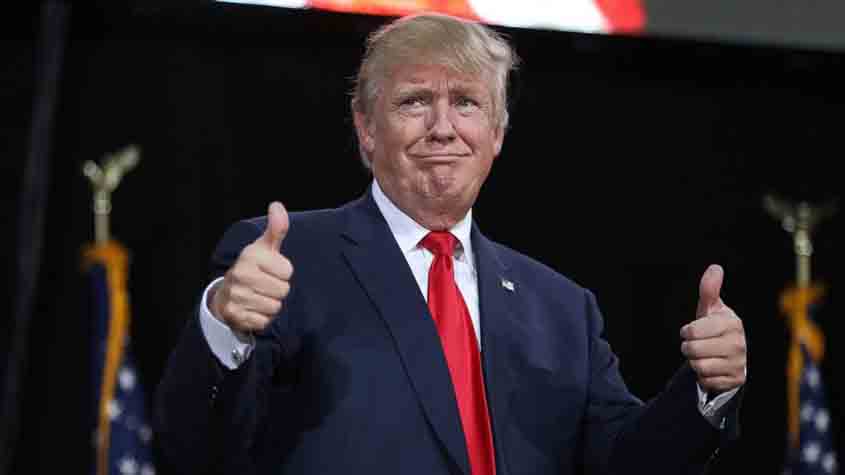The absence of the promised trade deal did not take away from the success and substance of US President Donald Trump’s visit to India, for there is no doubt it was a successful visit with substantial outcomes. Of course the fact that Prime Minister Narendra Modi and President Donald Trump did not miss a beat when putting their best foot forward as host and guest, or that a great show of pomp and pageantry played itself out to a well-written script in the 36 hours the most powerful leader of the world was in India, added to the optics of the visit. But the primary success was in the nature of the visit. It showcased the importance of India as a global ally and strategic partner of the US, a partner important enough for the US President to fly halfway across the world on a standalone visit. The success of the visit was also in envisioning for India a regional leadership role, where the region is not confined to South Asia but extends to beyond that. In this context, the terminology of “comprehensive global strategic partnership” that India and US have envisaged for themselves assumes importance. As part of this, the areas of thrust will be defence and security, a strategic energy partnership, technology cooperation, global connectivity, trade relations and people-to-people ties. Of course defence and energy are important areas of partnership for both India and US. However, apart from cooperation in defence, homeland security is another important area of cooperation—perhaps hitherto ignored—at a time when internal security is uppermost on India’s mind. President Trump does not mince his words and is categorical in denouncing radical terrorism, a bane for India as well. It goes without saying that apart from pre-empting possible misadventures by radicals and their insurgent and terrorist cohorts, cooperation in this area must also take into account the radicalisation of a section of the population. It is not that India does not have an intelligence apparatus in place—it has, a huge one in fact, even though it appears less than nimble more often than not. When incidents like the riots in Delhi cannot be pre-empted, questions naturally arise about the health of that apparatus. Considering that forces inimical to the country’s interests are operating from both outside and inside India, any formalisation of India-US cooperation on homeland security is more than welcome and it is hoped that this will go beyond mere exchange of intelligence. As for the larger matter of India’s place in the world order, President Trump mentioned the Quad—an informal “quadrilateral” alliance comprising US, India, Japan and Australia—thus proving once again that he is serious about building a counter to China in the Indo-Pacific region and that India has a large role to play here. But then India-US relationship has to stand on its own legs, and not just as being a counter to an increasingly hegemonistic China, a country with which President Trump is engaged in a trade war. And President Trump realises that. So, much to India’s delight, he had no qualms about talking about Pakistan allowing its territory as launch pads of terrorist attacks, in the joint statement, even though he has been proclaiming publicly that Pakistan Prime Minister Imran Khan is his “good friend”. In fact, unlike the picture painted of him as a loose cannon who is clueless about the sensitivities of international relations, he came across as agile and sure-footed in the way he refused to rise to the bait when leading questions were asked by a BBC journalist about India’s Citizenship Amendment Act. He also did not raise the Kashmir issue except for a fleeting mention. All in all Donald Trump came across as a US President who is keen to build a strong partnership with India. The detail will of course be a matter of negotiations between the two countries. What is clear is that the security and other challenges of the 21st century mandate a close relationship between the two largest democracies in the world. By his visit, US President Trump has given this necessary process a welcome boost, joined as he has been in the task of knitting together the two largest democracies by Prime Minister Narendra Modi.

